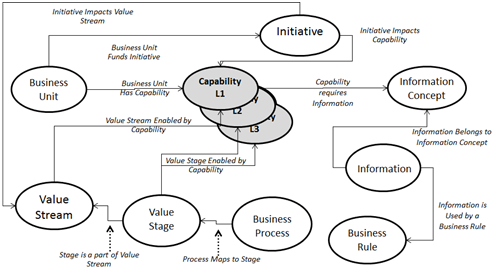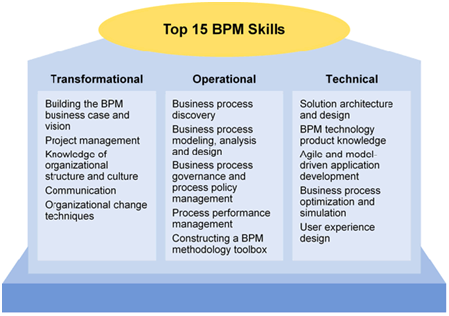There’s increasing attention and focus on reducing complexity. Leaders recognize that certain forms of complexity in their business, which do not add value to customers, involve unnecessary costs. From an IT perspective, as applications continue to grow in size and sophistication, the corresponding challenges in the integration of complex systems are perceived to non-value added drive costs.
Paying special attention to complexity through the application of business process thinking and BPM systems can be instrumental in reducing complexity that customers are unwilling to pay for.
Generally, customers don’t like complexity. But they do like choice and value. The challenge for many organizations is to see the business from the customer’s point of view and take action to reduce the non-value added component of complexity.

























